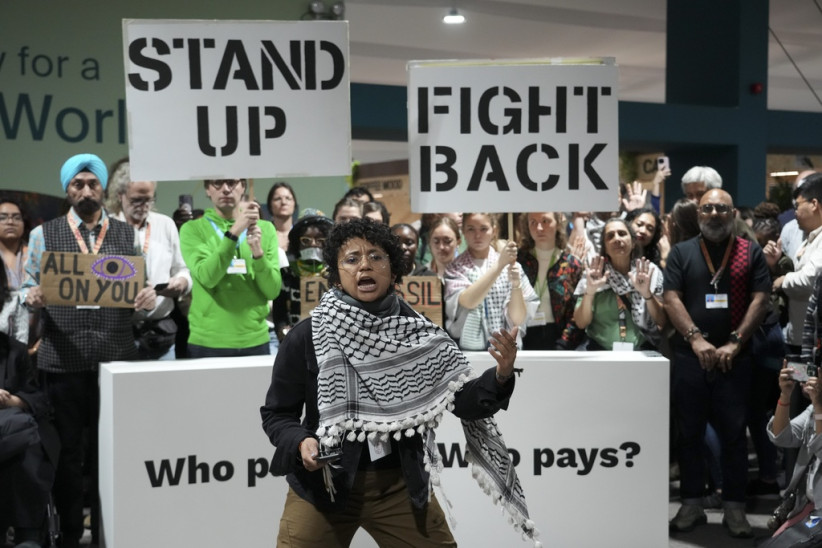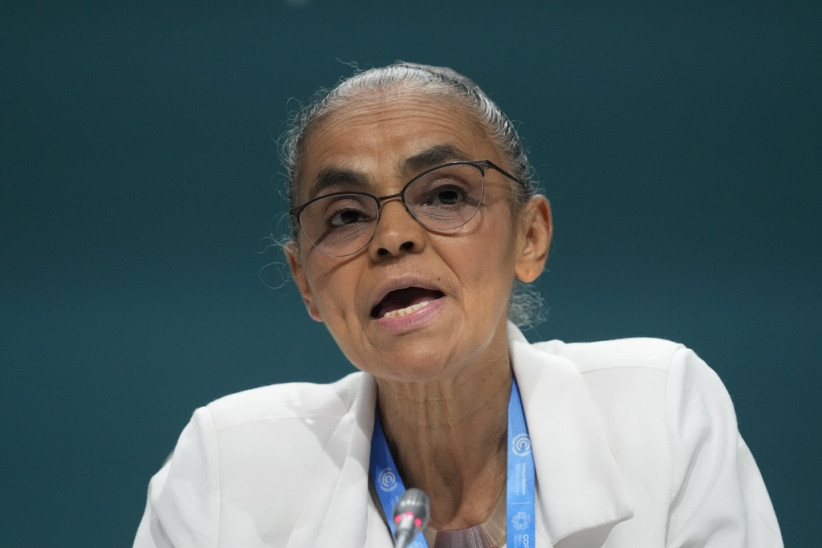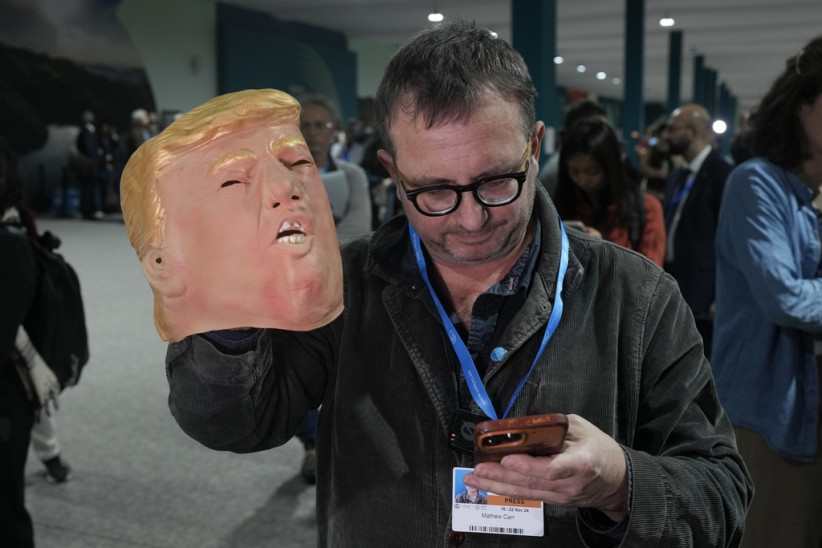Rich countries increase offer of climate finance to $300 billion Brazil pushes for $390 billion a year
Rich countries have increased their offer of climate finance to 300 billion dollars annually at COP29, raising hopes of a deal with developing countries that had rejected an earlier proposal as insufficient to tackle the effects of global warming.
OR UN summit on climate was due to end on Friday but dragged on an extra day as negotiators from nearly 200 countries – who must approve the deal by consensus – tried to reach an agreement on the contentious funding plan for the next decade.
The two-week conference was at the center of the global debate about the economic responsibility of rich industrialized countrieswhose historical use of fossil fuels caused most of the greenhouse gas emissions, to offset the damage caused by climate change.
Negotiators from several developing countries and island nations expressed frustration with the UN process they said was not up to the challenge of global warming and temporarily walked out of the talks on Saturday afternoon.
“We expect a deal tonight”
It was unclear whether they would ultimately accept the proposed amount of $300 billion annually by 2035.
THE Deputy Prime Minister of Fiji, Biman Prasad he said optimistically. “When it comes to money, it’s always controversial, but we expect a deal tonight“, he told Reuters.
THE COP29 president Mukhtar Babayev asked the countries’ delegations to overcome their differences: “I ask you now to strengthen your commitment to each other to bridge the remaining gap“, he said in a speech to the plenary session.
Developing countries had rejected as insufficient an earlier proposal, drawn up by host Azerbaijan on Friday, that called for the United States, Europe and other developed countries to provide $250 billion in annual funding.
Past failures to meet climate finance commitments have also made developing countries wary of new pledges.
Five sources with knowledge of the discussions in camera they said the EU agreed it could accept the highest figure of $300 billion annually. Two of the sources said the United States, Australia and Britain also agreed.
A representative of the European Commissionand an Australian government spokesman declined to comment on the negotiations. The US delegation and the UK Department of Energy did not immediately respond to requests for comment.
“The process must be inclusive”
The new target is intended to replace a previous commitment by developed countries to provide $100 billion in climate finance to poorer countries annually by 2020. That target was reached two years late, in 2022, and expires in 2025.
Representatives from the least developed countries and bloc of small island nations walked out of the negotiating room in frustration at one point on Saturday afternoon, but said they remained committed to finding a deal.
“We want nothing more than to continue to engage, but the process must be inclusive“, the Alliance of Small Island States said in a statement.
In a sign of some progress, countries agreed late Saturday on rules for a global market to buy and sell carbon credits that supporters say will mobilize billions of dollars in new projects to help fight global warming.
Pressure for 390 billion
OR Marina Silva, Brazil’s Minister of Environment and Climate Changesaid the Amazon rainforest nation – which is set to host next year’s summit – is pushing for $390 billion a year from developed countries by 2035.
“After the difficult experience we have here in Baku, we have to reach some resultsome result that is acceptable according to the emergency we are facing“, she said on Saturday in a speech at the summit.
The negotiators worked throughout the two-week summit to address other critical issues related to the financial goal, including who is asked to contribute and how much of the funding is on a grant basis rather than as loans.
The list of countries required to contribute — about two dozen industrialized nations, including the U.S., European nations and Canada — dates back to a list decided during UN talks on climate in 1992.
Donald Trump’s Victory – Will China Play a Role?
European governments have asked others to join the payment, including China, the world’s second-largest economy, and the oil-rich Gulf states.
OR Donald Trump’s victory in the US presidential election this month “spawned” a cloud over the talks in Baku. Trump, who takes office in January, has promised to remove the US from international climate cooperation againso negotiators from other wealthy nations expect that under his rule the world’s largest economy will fall short of its climate finance target.
A wider one raising goal of $1.3 trillion on climate finance by 2035 – which would include funding from all public and private sources and which economists say matches the amount needed – was included in the draft agreement published on Friday.
Source :Skai
With a wealth of experience honed over 4+ years in journalism, I bring a seasoned voice to the world of news. Currently, I work as a freelance writer and editor, always seeking new opportunities to tell compelling stories in the field of world news.













